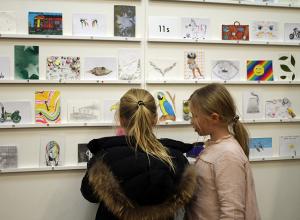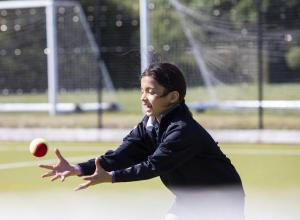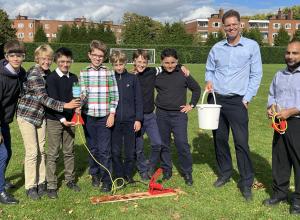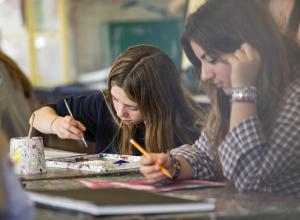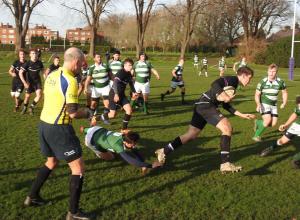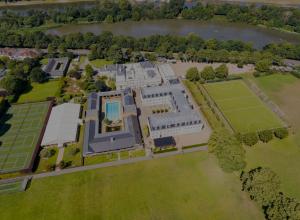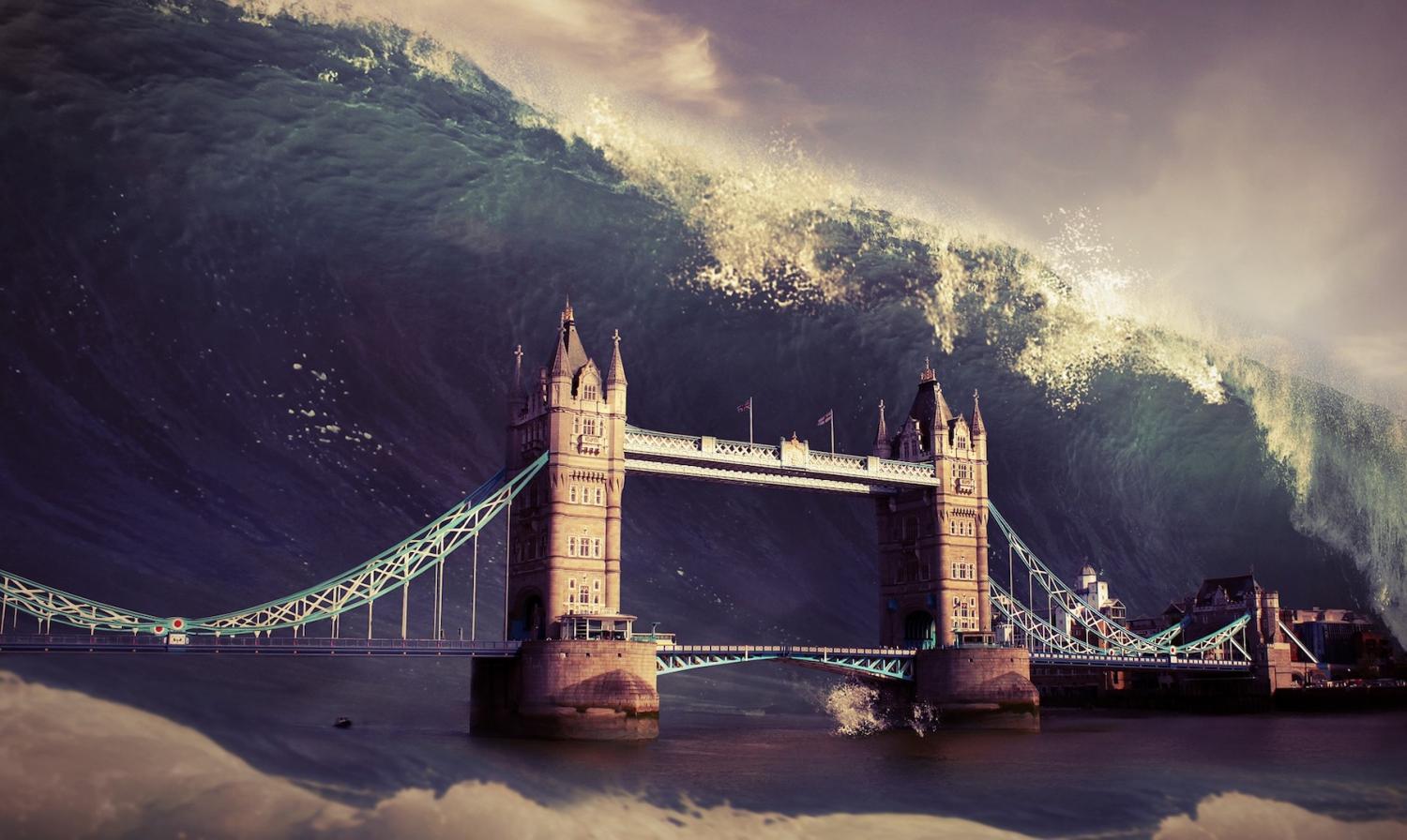
We can't protect children from the apocalyptic-sounding problems the world faces, argues Andy Woodward. The best way forward is to prime them to confront the challenges head on.
If this Blog has hung around for a bit and you are reading it in the future, then I do hope everything’s OK. For your sake and for mine, I hope that Brexit, if it ever actually happened, turned out to be not half as bad as feared, that clean global energy is trending right now, and that no one seems in the mood for war…
BBC headlines included a pronouncement of the ‘death of democracy’, an update on the steadily burning Amazon rainforest and news of a significant downturn in the prospects for the Great Barrier Reef.
However, where and when I am, cricket aside, it has really not been a good news summer. The day I thought to write this article, the BBC headlines included a pronouncement of the ‘death of democracy’, an update on the steadily burning Amazon rainforest and news of a significant downturn in the prospects for the Great Barrier Reef. Now, as I’m actually writing it, conflict is being threatened between the USA and Iran…
It would be naïve to believe that none of this is having a psychological impact on our children. I was lucky enough to be a teenager in a post-Cold War era characterised by optimism and an assurance of being on the right side of history. This was a time and mindset perhaps best epitomised by the wide and unironic (imagine!) embrace of New Labour’s 1997 campaign anthem, ‘Things Can Only Get Better’.
Well not many are singing that now. Indeed, one recent report from a group of psychologists working with the University of Bath stated that the profession can’t cope with the numbers of young people seeking help for ‘eco-anxiety’. Those treading their adolescent path today have grown up against a backdrop of worsening negativity – prophecies of apocalyptic doom both political, ideological and environmental ringing in their ears. It’s frightening, it’s confusing… and it can be hard for parents to know how to handle. Do we mute the TV (they have phones, it won’t work!) and pretend everything’s fine? Or do we join in the doom party and risk robbing our youngsters of hope for their future?
Adolescents today have grown up against a backdrop of worsening negativity – prophecies of apocalyptic doom both political, ideological and environmental ringing in their ears
The answer, I would cautiously contend, lies in us empowering children with a sense of responsibility and convincing them that they can be the change we need. I know that such sloganeering tends to activate a weary default cynicism within us. However, when I’m onstage during a Senior Assembly, watching 400 well-resourced, well-connected, well-educated young people together in a single room… my head sometimes spins with the realisation of the potential power before me. These really can be some of the most influential people, operating within one of the world’s most influential cities. They will help shape our culture. Our most fruitful efforts can be spent in encouraging them to shape it for good.
Once again, that jaded cynic within us may raise its head and query whether young people will ever care enough to justify any such exalted hopes and, yes, teenagers that they are, I know that clothes, popularity, relationships, music – not to mention the small matter of exam grades – may well feature at least as highly as the future of humankind in their day to day concerns. But there really has been a notable shift. The widespread Harrodian attendance at Climate Marches earlier this year, alongside a student push resulting in our Green Day and other eco-initiatives, have seen our teaching staff struck by an unprecedented depth of passion and urgency felt by our pupils, on that issue in particular.
It would be a shame if we allowed our young Harrodians to react to these troubled times with denial, escapism, terror, or any kind of defeatist shrug.
Our boys and girls are fortunate. And our message to them has always been that they shouldn’t feel guilt at their position of relative privilege. They didn’t ask for it and their parents worked hard to confer it. What we do want to see in response, however, is gratitude for what they have, a sense of responsibility in how they use it, and an awareness of the opportunities it confers. Never has that been more important. We do live in challenging times but, as parents and teachers, we can prime our children to face that challenge and to approach it seeking solutions, utilising the technology they’re so at home with and taking any opportunity to positively lead their generation in finding new ways to proceed. I think that Finn Harries - YouTuber, documentarian, eco-warrior and Harrodian old-boy - is one great example of that.
It would be a shame if we allowed our young Harrodians to react to these troubled times with denial, escapism, terror, or any kind of defeatist shrug. Let’s admit with them that, yes, there are problems, big ones even. But then, just as with the various personal trials they’ll encounter in life, let’s encourage them to face them head on, displaying character, determination and a justified optimism that they can do better than those who have gone before.
Mr Woodward welcomes feedback to this blog to website@harrodian.com

